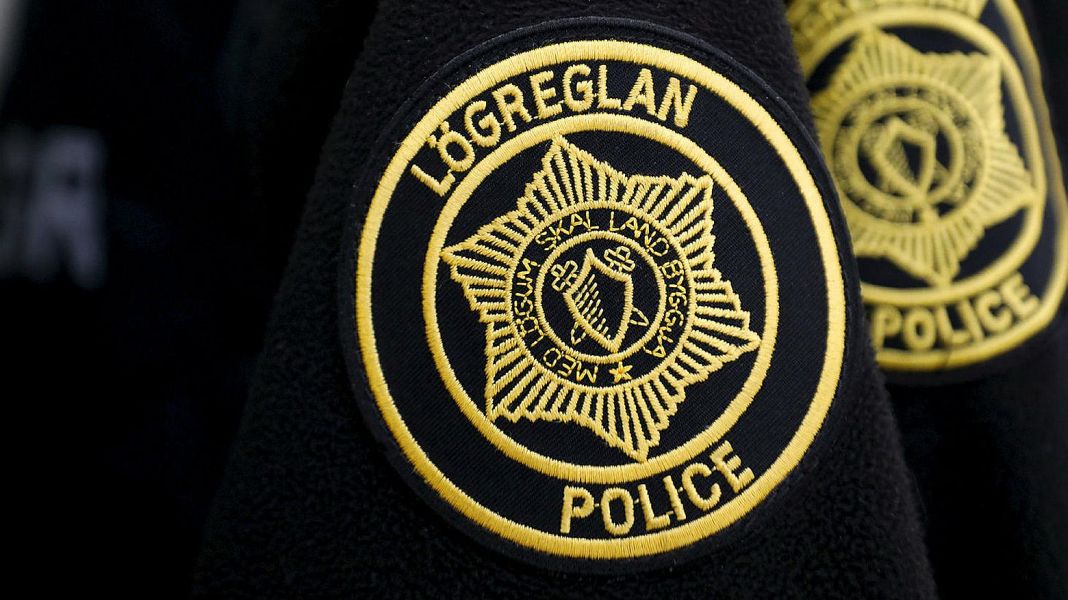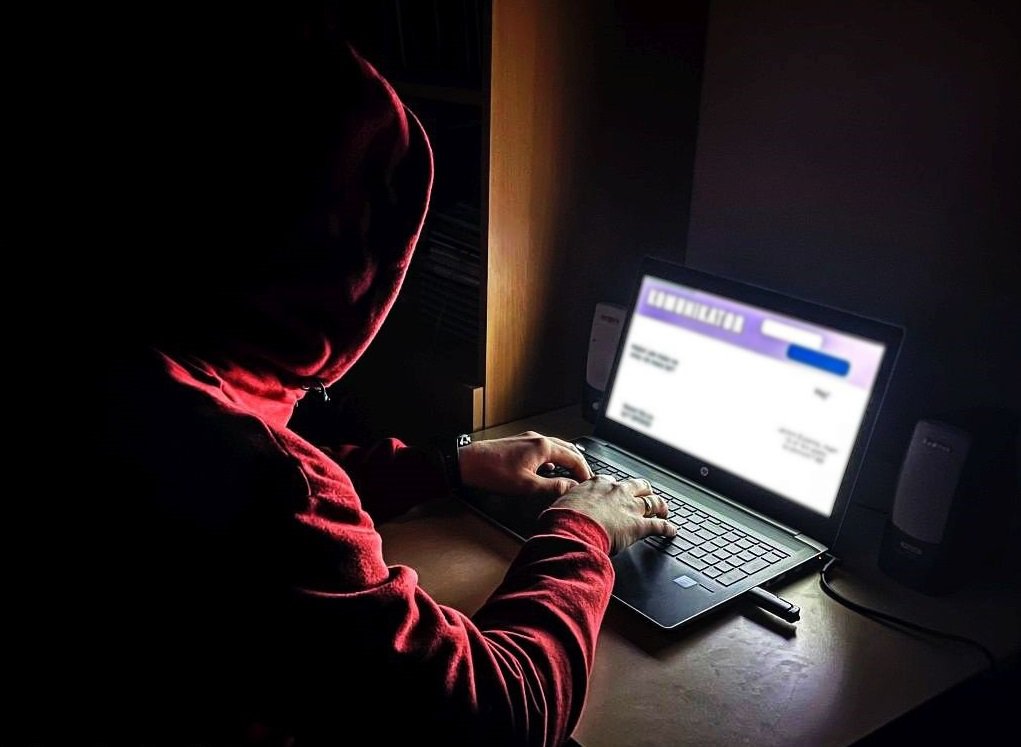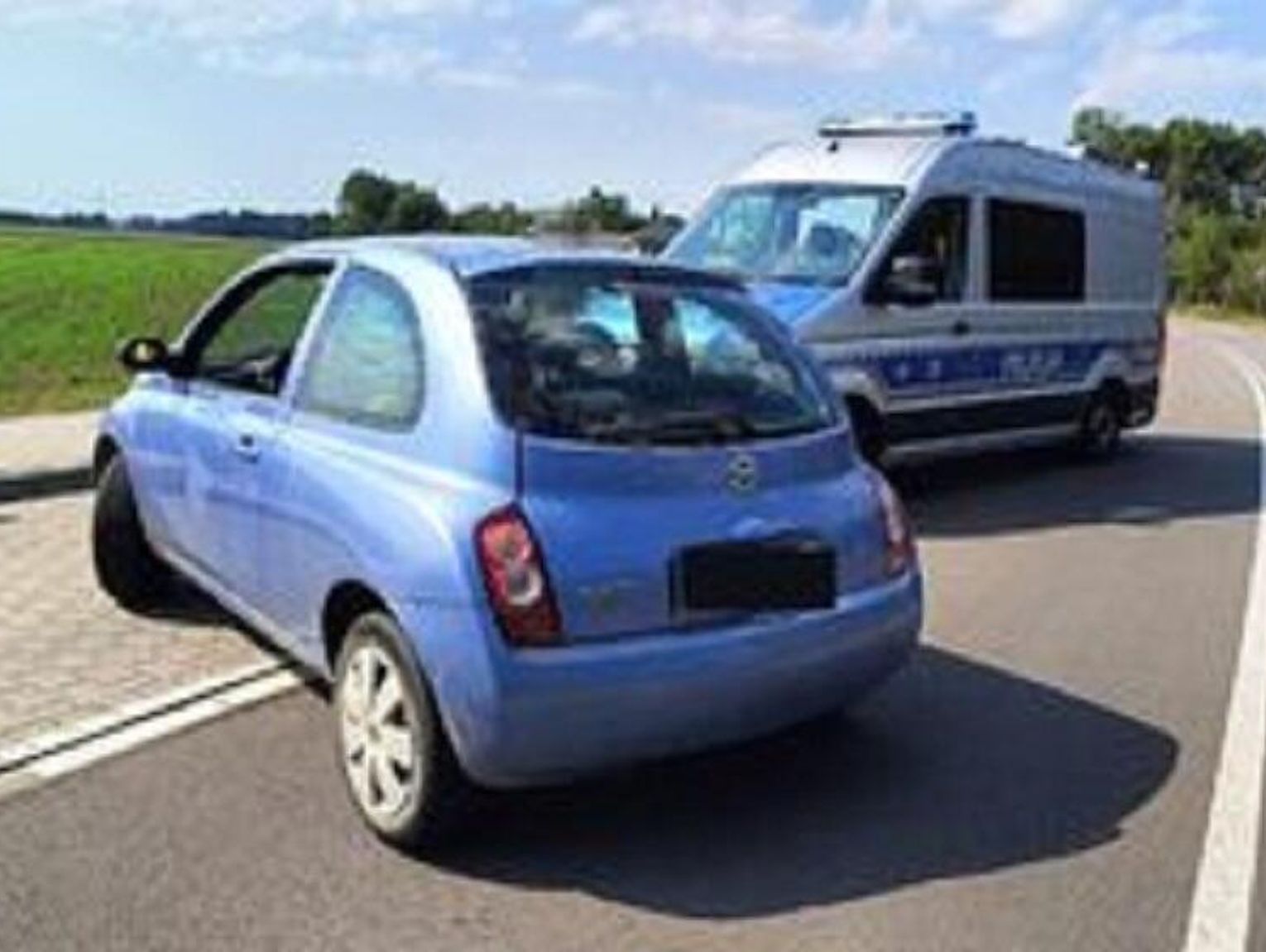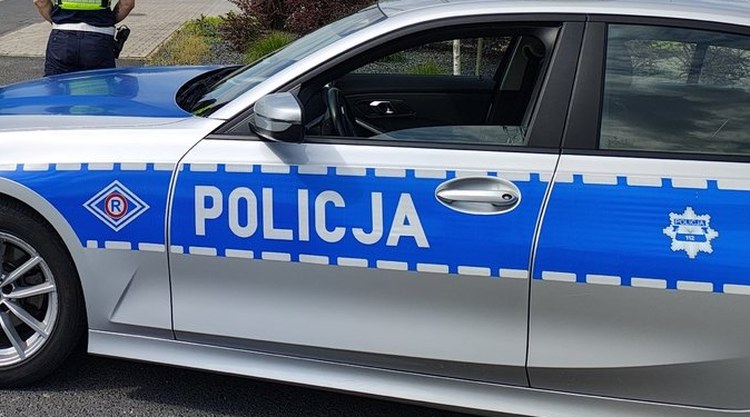
Since the beginning of 2023, increased inspections have been ongoing throughout Poland. registration of heat sources in residential buildings. The City defender checks that the property owners have complied with the work to notify heating systems to Central Building emanation Records (CEEB). The absence of specified a notification may consequence in a mandate of even PLN 5 000.
What is Central Building Emissions Records?
Central Registration of Buildings Emissions is simply a nationwide database that collects information on heating sources utilized in residential and utility buildings. Includes heating equipment up to 1 MW.
CEEB was created as part of anti-smog activities aimed at improving air quality and the elimination of obsolete non-organic heat sources. The information contained in the strategy is utilized not only for control purposes but besides for planning public policies, including grant programmes.
What do the controls look like, and what do the guards do?
City police officers have the right to carry out inspections in homes and apartments. They shall verify:
- Has the property owner made a declaration to CEEB,
- Whether the data contained in the notification correspond to the actual method nature of the installation,
- What kind of fuel is utilized to heat a building,
- What is the class of the heating device used.
Since 2024 control ratings have been extended – the guards can now examine in item compliance with anti-smog rules, including prohibitions on the usage of boilers not complying with emanation standards.
Penalties for not reporting – up to PLN 5 thousand
According to the regulations, no heat origin registration in CEEB is an administrative offence. The word of office for failure to comply may be:
- To PLN 500 – in mandate proceedings,
- To PLN 5000 – if the case is brought to court.
Importantly, penalties may be imposed also thenwhen the declaration has been made but the data contained therein They don't correspond to reality..
How to registry a heating source?
Registration in CEEB is free and possible in 3 ways:
- Online – via the platform of the Main Building Surveillance Authority (https://ceeb.gov.pl).
- Written – sending the form to the competent office of the municipality or city.
- Personally – submitting papers to the office.
In case of new heating installations the time for notification is 14 days after launch system. For older sources that have not yet been registered, the "the faster, the better" rule applies, especially in the light of increased checks.
Why is the evidence vital?
The data collected at CEEB are strategical for:
- Planning local and national anti-smog policies,
- Implementation grant programmes (e.g. Clean Air),
- Monitoring air condition and emissions,
- Making decisions on investment in Energy efficiency buildings.
System allows accurately identify areas, where obsolete furnaces are inactive used, which allows better targeting of corrective actions.
Is it worth it?
Environmental experts agree: Better late than never. Even if the property owner missed the first deadline, he can inactive make a declaration and avoid major consequences.
– From the point of view of air protection, any regulation of the situation is important. It is better to make a study late than to wait for control – explains Dr. Tomasz Sowiński, expert on climate policy.
Moreover, data contained in the records may be the basis for applying for grants for the modernisation of heating or thermomodernisation, which in the longer word translates into lower bills.
Perspective: more control, more requirements
The expanding strength of control activities shows that State takes the work to registry heat sources seriously. In the coming months, a further increase in the number of checks is expected, peculiarly in regions subject to local anti-smog resolutions.
The property owners who have not yet filed the application should act immediately – the hazard of penalties increases with each weekAnd the formalities can be arranged in a twelve minutes.
Read more:
The guards are knocking on the door. Mass heating checks and severe penalties up to PLN 5 thousand













